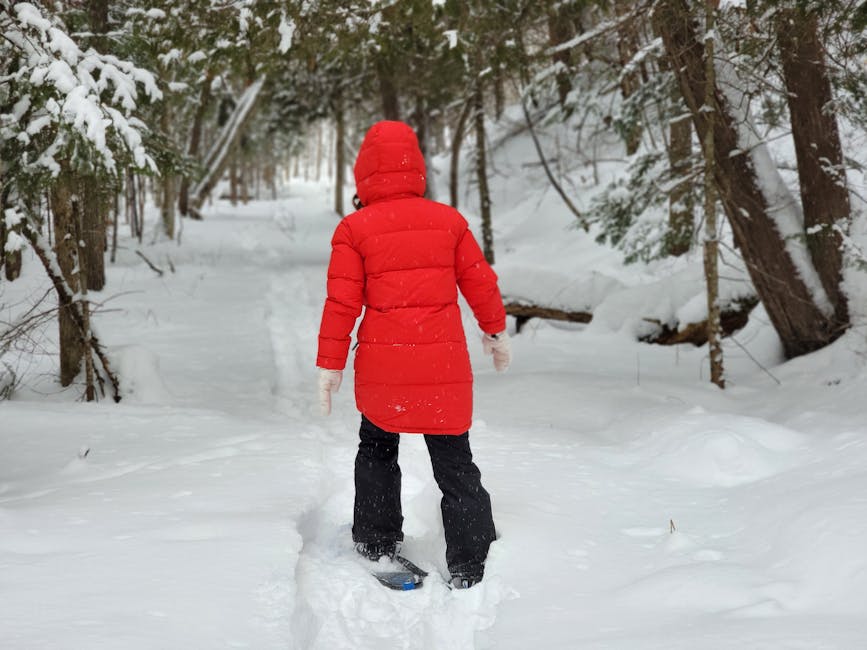Weather in Huntsville, AL: A Comprehensive Guide for Residents and Visitors
Huntsville, Alabama, nestled in the foothills of the Appalachian Mountains, boasts a unique and diverse climate that influences every aspect of life in this vibrant city. Understanding the weather patterns in Huntsville is crucial for both residents planning their daily activities and visitors looking to make the most of their trip. This comprehensive guide will delve into the intricacies of Huntsville’s weather, offering valuable insights into its seasonal variations, extreme weather events, and the best ways to prepare for any conditions.
Seasonal Variations in Huntsville’s Weather
Huntsville experiences a humid subtropical climate, characterized by hot, humid summers and mild to cool winters. The city’s location within a transitional zone between the temperate and subtropical regions results in a fascinating blend of weather patterns. Let’s break down each season:
Spring (March-May):
Spring in Huntsville brings a gradual increase in temperature and humidity. Expect pleasant daytime temperatures, ideal for outdoor activities. However, spring can also be unpredictable, with occasional showers and even thunderstorms. Temperatures typically range from the low 50s°F to the mid-70s°F (10-24°C).
Summer (June-August):
Summer in Huntsville is hot and humid. Temperatures frequently climb into the 80s°F and 90s°F (27-32°C), and humidity levels can make it feel even hotter. Afternoon thunderstorms are common, often providing temporary relief from the heat. Heat index values can reach dangerously high levels, so staying hydrated and taking precautions against heatstroke is essential.
Autumn (September-November):
Autumn in Huntsville offers a welcome respite from the summer heat. Temperatures gradually cool down, resulting in crisp, sunny days and cool nights. The humidity decreases significantly, making autumn a very pleasant time to be outdoors. Leaf-peeping opportunities abound as the surrounding foliage changes color. Temperatures typically range from the low 40s°F to the mid-70s°F (4-24°C).
Winter (December-February):
Winters in Huntsville are generally mild compared to other parts of the country. While snow is possible, it’s not a frequent occurrence. Expect temperatures to range from the low 20s°F to the mid-50s°F (-7-13°C). Freezing temperatures are common, especially at night. Occasional ice storms can create hazardous driving conditions.
Extreme Weather Events in Huntsville
While Huntsville generally enjoys a predictable climate, it’s not immune to extreme weather events. Understanding these potential hazards is crucial for preparedness:
Thunderstorms and Severe Weather:
Huntsville experiences its share of thunderstorms, especially during the spring and summer months. Severe thunderstorms with high winds, hail, and even tornadoes are possible, although not as frequent as in some other parts of the Southeast. Staying informed about weather alerts is crucial during these seasons.

Heat Waves:
Huntsville’s humid summers can lead to dangerous heat waves. Prolonged periods of extreme heat and humidity can pose significant health risks, especially for vulnerable populations. It’s vital to take precautions during heat waves, such as staying hydrated, limiting outdoor activity during the hottest parts of the day, and checking on elderly neighbors.

Winter Storms:
While snowfall is infrequent, winter storms can still impact Huntsville. Freezing rain and ice storms can create dangerous driving conditions, and accumulations of snow can disrupt daily life. It’s essential to have a winter weather preparedness plan, including emergency supplies and alternative transportation options.
Flooding:
Heavy rainfall can lead to flooding in low-lying areas of Huntsville. Staying aware of flood warnings and taking precautions to protect your property is crucial during periods of heavy rain.
Preparing for Huntsville’s Weather
Regardless of the season, preparing for Huntsville’s weather is essential for comfortable living and safety. Here are some key recommendations:
- Stay informed: Regularly monitor weather forecasts and alerts from reliable sources such as the National Weather Service.
- Build an emergency kit: Keep a supply of essential items, including water, non-perishable food, flashlights, batteries, and a first-aid kit.
- Develop a communication plan: Establish a method for contacting family and friends in case of an emergency.
- Protect your property: Take steps to protect your home and belongings from extreme weather events, such as flooding and high winds.
- Dress appropriately: Wear clothing suitable for the current weather conditions. Layer clothing during transitional seasons.
- Stay hydrated: Drink plenty of fluids, especially during hot and humid weather.
Resources for Huntsville Weather Information
Several resources provide up-to-date weather information for Huntsville:
- National Weather Service (NWS): The official source for weather forecasts and warnings.
- Local news stations: Many local news stations provide detailed weather coverage.
- Weather apps: Numerous weather apps offer hyperlocal forecasts and alerts.
By understanding the nuances of Huntsville’s weather and taking appropriate precautions, residents and visitors alike can enjoy all that this vibrant city has to offer, regardless of the season. This comprehensive guide serves as a starting point for staying informed and prepared for any weather condition Huntsville might throw your way.


